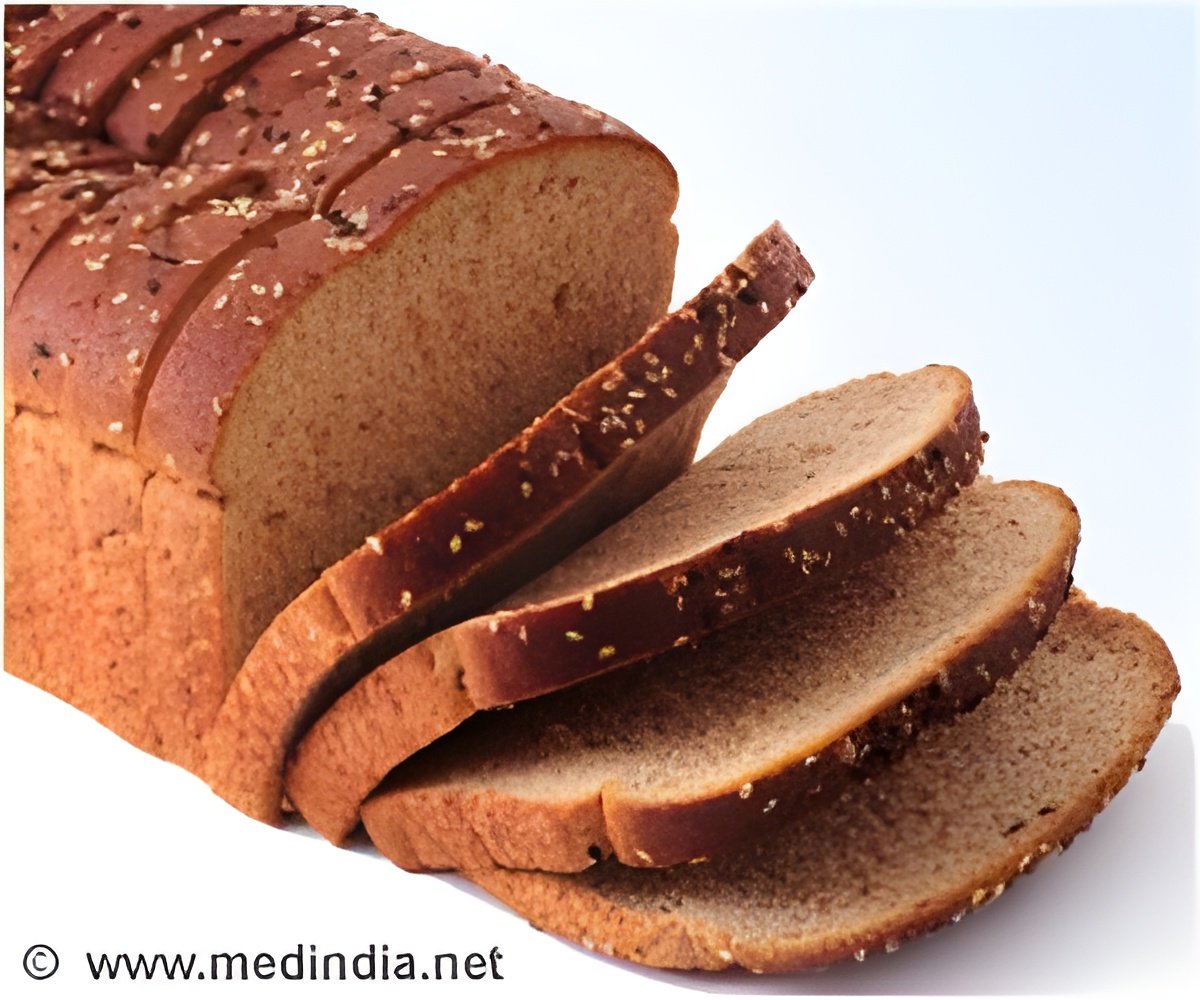Studies have revealed that prebiotic-enriched bread is well tolerated and quite beneficial for the gut flora. No gastrointestinal side-effects were reported in the AXOS-bread trial.

Gemma Walton et al conducted a double-blind, randomized placebo controlled study for assessing the consumption of bread containing arabinoxylanoligosaccharides on gastrointestinal tract. Forty volunteers were enrolled to evaluate in situ developed arabinoxylan-oligosaccharides.
The changes in the gut microbial groups were assessed by observing the fecal volatile fatty acid concentrations and fluorescence in situ hybridization. Samples of saliva secretary immunoglobulins A (sIgA) were also recorded.
The investigators discovered that fecal levels of bifidobacteria rose (P=0.072) as a consequence of AXOS bread while both placebo bread (p=0.018, <0.001) and AXOS bread (p=0.025, 0.050) were associated with rise in the level of Lactobacilli.
However no gastrointestinal side-effects were reported in the AXOS-bread trial.
It was finally concluded that AXOS-breads are well tolerated and quite beneficial for the gut flora.
A randomized, double-blind, placebo controlled cross-over study to determine the gastrointestinal effects of consumption of arabinoxylanoligosaccharides enriched bread in healthy volunteers; Gemma Walton et al; Nutrition Journal 2012
Source-Medindia
 MEDINDIA
MEDINDIA



 Email
Email




